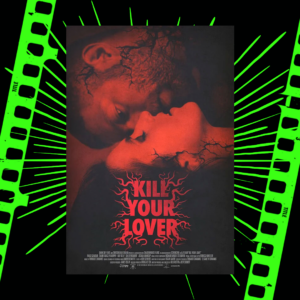
BODY HORROR “KILL YOUR LOVER” NOW AVAILABLE ON VOD IN UK & IRELAND
KILL YOUR LOVER (Winner of Dead Northern’s Best Feature 2024), a razor-sharp and visceral exploration
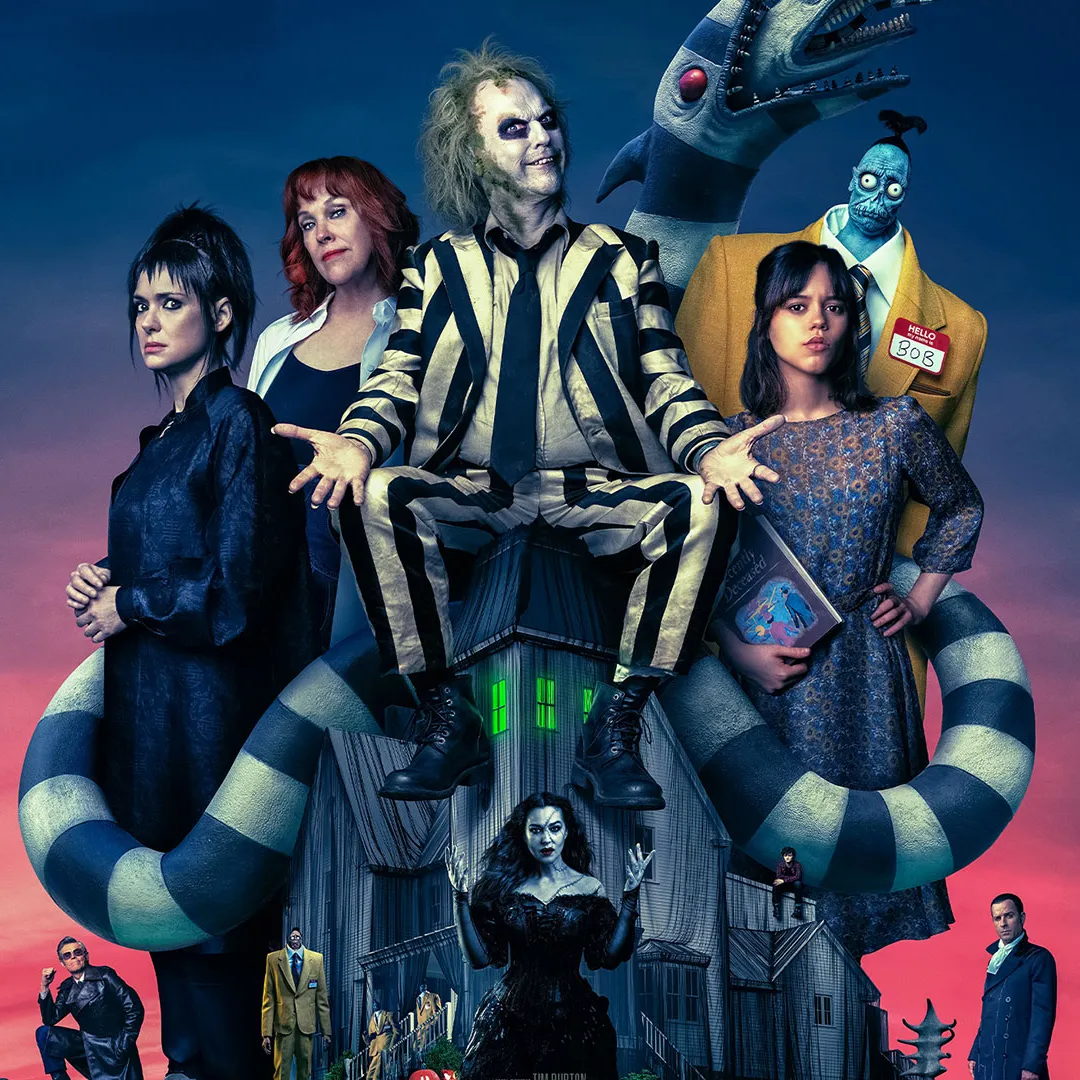
(The Reveal, 2024)
Beetlejuice first graced our screens in 1988 establishing a whacky and absurd world which introduced many of us to director Tim Burton’s unique visuals and infamous filmmaking style. Now, 36 years later, a sequel to this timeless, cult classic promises to recapture the magic of the original and reimagine it in the modern world. Beetlejuice Beetlejuice centres on a now grown up Lydia Deetz (Winona Ryder) as she navigates both her supernatural abilities and her role as a mother.
We meet Lydia’s daughter Astrid Deetz (Jenna Ortega) and learn of their strained relationship whilst appearances from Beetlejuice alumni Delia Deetz (Catherine O’Hara) and the demon himself – Beetlejuice (Michael Keaton) are also welcomed. Much like the original, Beetlejuice Beetlejuice blends the humorous with the horrific and takes us on a journey filled with nostalgia and theatrics aiming to raise the stakes in an action packed sequel.
As Beetlejuice Beetlejuice opens we are reintroduced to Lydia Deetz. Once a moody, misunderstood teenager Lydia now uses her talents to contact supernatural beings who inhabit or haunt the homes of unsuspecting home-goers. A death in the family (Lydia’s father Charles) brings Lydia back to her estranged daughter Astrid. With the two reunited we learn that their complicated relationship stems from the death of Astrid’s father, and Lydia’s refusal to talk about it. This caused a rift which was further splintered when Lydia pursued ‘Ghost House’, a television show which publicises her abilities; Astrid does not believe in ghosts and thinks the show capitalises on people’s vulnerability.
One obvious observation of this relationship is that it is reminiscent of the relationship Lydia had with her parents – specifically her stepmother Delia – in Beetlejuice. Both of these family dynamics are caused by the separation from a loved one and it is Lydia’s endeavour to save Astrid from the Netherworld that makes her realise that she has ‘spent too much time talking to the dead [and] it’s time [she] started living’. Beetlejuice Beetlejuice explores the relationship between life and death using Astrid and Lydia to portray the importance of processing grief and the consequences it can have on families if left to fester.
(Blavity, 2024)
Since its groundbreaking release in the 80’s, Beetlejuice has been a constant source of inspiration for all mediums of art. Notably a musical adaptation of the horror comedy in 2019 took the Broadway stage by storm, retelling Burton’s bizarre story through the use of upbeat songs and flashy dance numbers.
Beetlejuice Beetlejuice has taken a cue from the world of theatre and uses music and dance to elevate the storytelling in this sequel. It is always risky introducing musical theatre into an existing franchise – but Beetlejuice is no stranger to a song and dance. Arguably the most famous scene from the original movie is the dinner party dance scene where Charles and Delia Deetz and their guests are possessed and forced to perform to Harry Belafonte’s Day-O (Banana Boat Song). Considering the popularity of this particular sequence as well as the love for the musical adaptation, it was no surprise that Beetlejuice Beetlejuice leaned into its musical potential.
Perhaps the most captivating musical number from this movie occurs when Beetlejuice crashes Lydia’s wedding, and demands she marry him after he aided her in rescuing Astrid from the Netherworld. Set to Richard Harris’ ‘MacArthur Park’ the church becomes a stage on which a strange yet mesmerising song and dance sequence ensues. Both the characters on the screen and the viewers in the audience are possessed by Beetlejuice and encouraged to surrender themselves to Burton’s whimsical and nonsensical cinematic world.
The music also gives the Netherworld a 70s makeover making use of The Bee Gees’ ‘Tragedy’ when we are first introduced to Beetlejuice’s ex-wife and immortal enemy Delores (Monica Belluci), and showcases the ‘Soul Train’ which takes the deceased – dressed in 70s attire and disco dancing – to the great beyond. This decision maximises nostalgia as fans of the original likely grew up during this decade.
(Deadline, 2024)
Beetlejuice Beetlejuice lives up to the reputation of the original by perfectly blending heartfelt, family sentiment with ludicrous and at times unhinged comedy. It gives us an opportunity to revisit characters we loved from Beetlejuice and presents us with new characters who allow us to venture deeper into the ever-expanding cinematic universe that Tim Burton has created. Furthermore the sequel manages to uphold the visual and atmospheric aesthetic first established in Beetlejuice but presents it in a modern society; one we are all familiar with. Overall Beetlejuice Beetlejuice embraces the strange and unusual by combining nostalgia with the contemporary role of the outcast, and using music to encourage people to unleash their authentic selves.
Hope Lelliott-Stevens
Want more top horror lists and reviews? Check out our blog here..
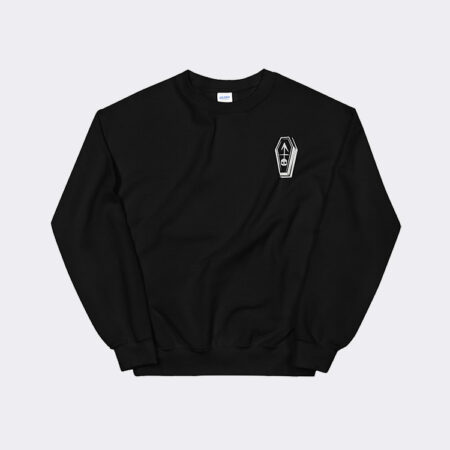

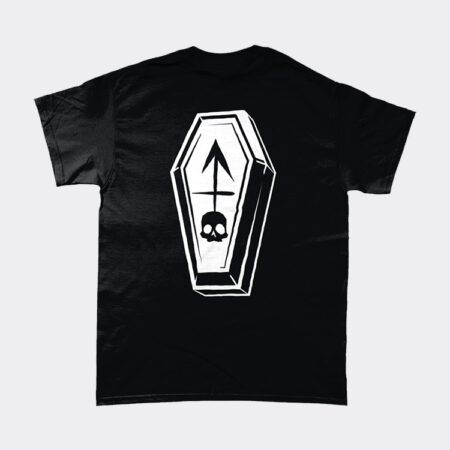

KILL YOUR LOVER (Winner of Dead Northern’s Best Feature 2024), a razor-sharp and visceral exploration
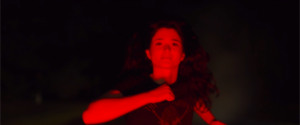
Amy (Hannah Deale) barely scrapes by; working two thankless jobs whilst simultaneously caring for her
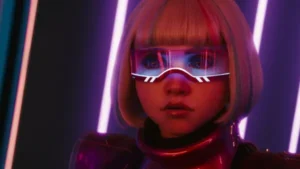
In 2022 M3GAN dominated screens and for the most part, created a cult fanbase who
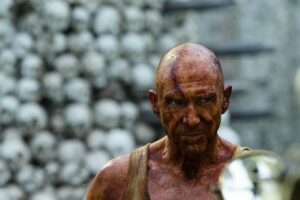
British director Danny Boyle and writer Alex Garland compelled the masses with their triumphant ‘28